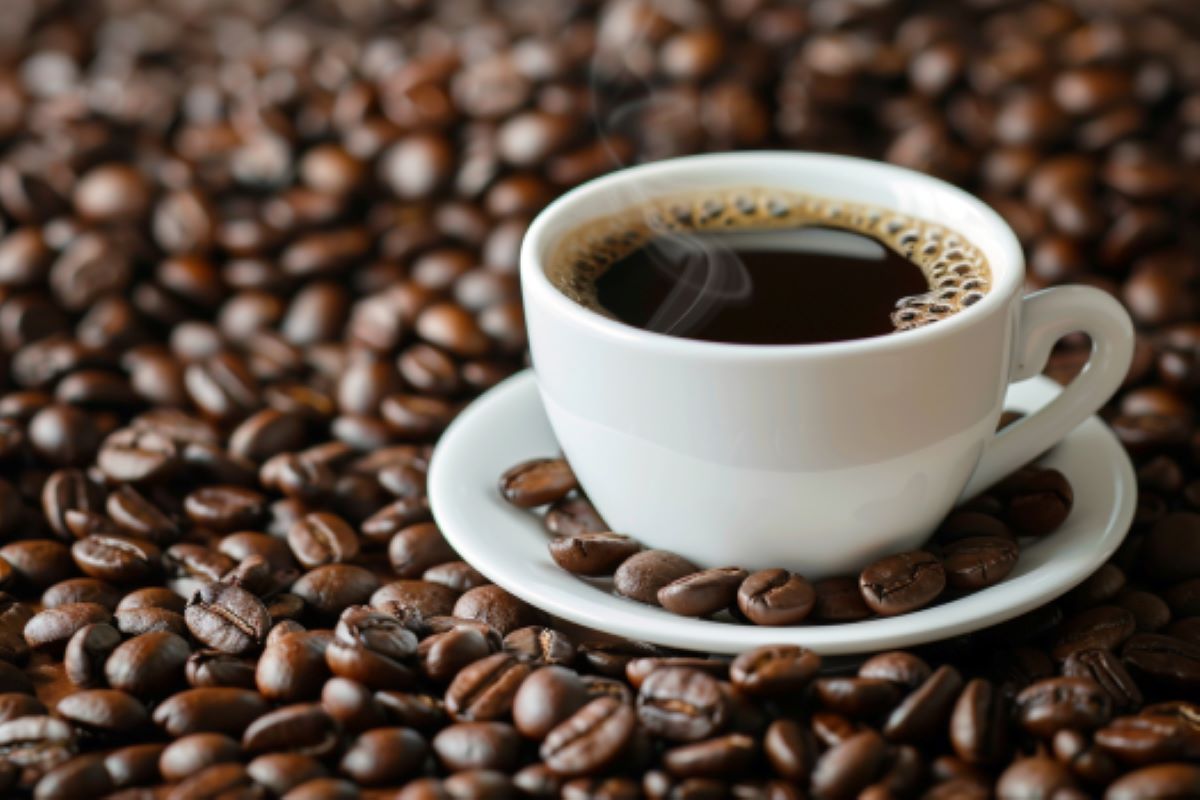Well I'm doing it for Parkinsons prevention.
Parkinson’s Disease May Have Link to Stroke March 2017
How coffee protects against Parkinson’s Aug. 2014
Caffeine Intake Doesn’t Slow Parkinson’s Progression
Summary: A new study examined the impact of caffeine on brain dopamine function in Parkinson’s patients, finding no benefits on disease progression. High caffeine consumption was linked to a greater decrease in dopamine transporter binding, likely due to a compensatory mechanism rather than neuron loss.
The study also noted that recent caffeine intake can affect diagnostic imaging results, suggesting patients avoid caffeine before testing.
Key Facts:
- No Symptom Improvement: High caffeine intake didn’t improve Parkinson’s symptoms.
- Dopamine Function: Greater decrease in dopamine transporter binding with high caffeine.
- Imaging Results: Recent caffeine intake can affect brain imaging results.
Source: University of Turku
Previous research has shown that regular caffeine intake is associated with a reduced risk of developing Parkinson’s disease. However, there is limited research on the effects of caffeine on disease progression in patients who have already been diagnosed.
A follow-up study led by the University of Turku and Turku University Hospital (Tyks) in Finland examined how caffeine consumption affects brain dopamine function over an extended period in patients diagnosed with Parkinson’s disease.

The dopamine function of the brain was assessed with single photon emission computed tomography (SPECT) to measure dopamine transporter (DAT) binding.
“The association between high(What is high? I do a 12 cup pot of coffee a day. Is that high enough?) caffeine consumption and a reduced risk for Parkinson’s disease has been observed in epidemiological studies.
“However, our study is the first to focus on the effects of caffeine on disease progression and symptoms in relation to dopamine function in Parkinson’s disease”, says Valtteri Kaasinen, Professor of Neurology at the University of Turku and principal investigator of the study.
Caffeine consumption had no effect on Parkinson’s symptoms
A clinical study compared 163 patients with early-stage Parkinson’s disease to 40 healthy controls. The examinations and imaging were conducted on two occasions for a subsample, with an average interval of six years between the first and second imaging session.
Changes in brain dopamine transporter binding were compared with patients’ caffeine consumption, which was assessed both by a validated questionnaire and by determining concentrations of caffeine and its metabolites in blood samples.
The findings revealed that patients with a high caffeine consumption exhibited a 8.3–15.4% greater decrease in dopamine transporter binding compared to those with a low caffeine consumption.
However, the observed decline in dopamine function is unlikely to be due to a greater reduction in dopamine neurons following caffeine consumption. Rather, it is more likely to be a downregulatory compensatory mechanism in the brain that has also been observed in healthy individuals following caffeine and other stimulant use.
“While caffeine may offer certain benefits in reducing risk of Parkinson’s disease, our study suggests that high caffeine intake has no benefit on the dopamine systems in already diagnosed patients.
“A high caffeine intake did not result in reduced symptoms of the disease, such as improved motor function,” says Kaasinen.
Another significant finding of the study was the observation that a recent dose of caffeine, for example in the morning of the imaging session, temporarily increases the person’s DAT binding values.
This could potentially complicate the interpretation of clinically commonly used brain DAT imaging results.
The research results suggest that patients should refrain from consuming coffee and caffeine for 24 hours before undergoing diagnostic DAT imaging.
About this Parkinson’s disease research news
Author: Tuomas Koivula
Source: University of Turku
Contact: Tuomas Koivula – University of Turku
Image: The image is credited to Neuroscience News
Original Research: Open access.
“Dietary Caffeine and Brain Dopaminergic Function in Parkinson Disease” by Valtteri Kaasinen et al. Annals of Neurology
No comments:
Post a Comment